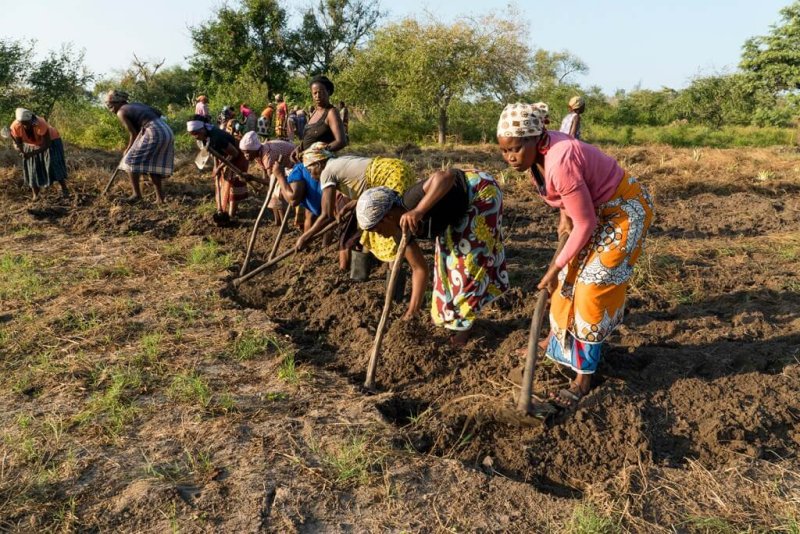Because of GM technology, crop-protection tools, and more, farmers are growing more food and cotton on less land than ever before. This is an incredible boon for humanity as well as the environment. Never before in history has it been easier for us to meet the basic needs of people everywhere. As we continue to take advantage of sound science and develop new technologies, we’re going to improve on what is already a good situation.
Unfortunately, many of the advocates of “agroecology,” threaten this opportunity. They seek to persuade farmers and regulators in the developing world to reject the 21st-century technologies that are essential to food security and economic resilience.
…
“It is wrong to leave Africans at the mercy of organic farming, which is nearly impossible in a tropical climate where locusts, fall armyworm, Tuta absoluta, and other pests ravage crops,” [said Rwandan farmer Pacifique Nshimiyimana.]
Nassib Mugwanya, an Ugandan researcher who is earning his doctorate at North Carolina State, has called agroecology “a dead end” for Africa and warns that it will “trap farmers in the poverty of their current unproductive farming practices.”
I’m an advocate of choice, not coercion. If farmers want to adopt agroecology, for whatever reason, then they should enjoy this freedom.































